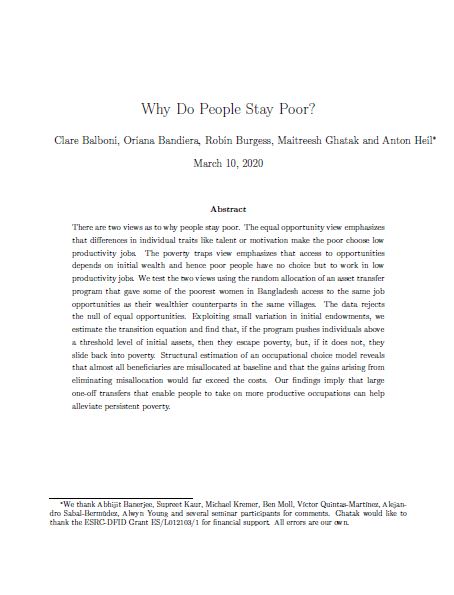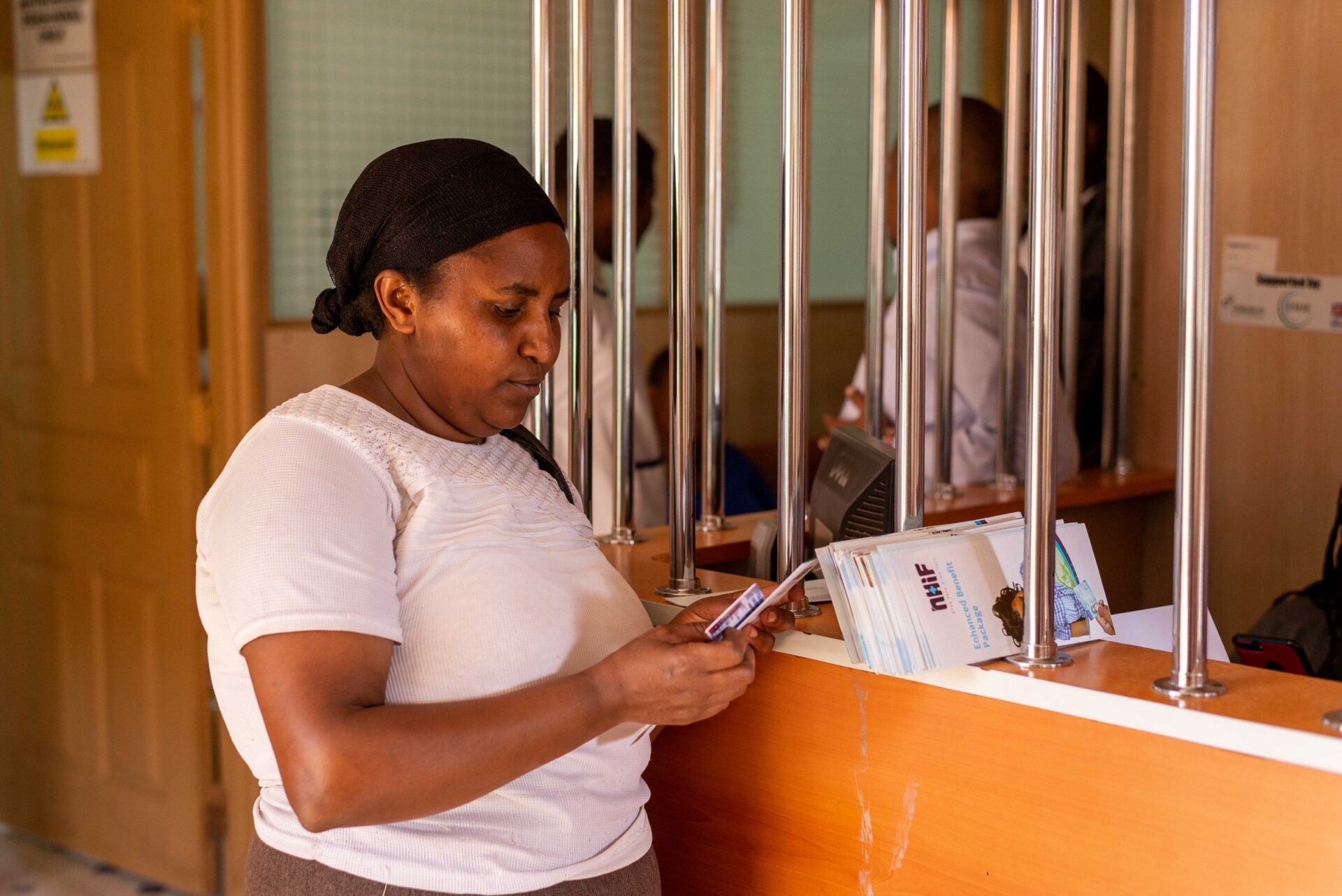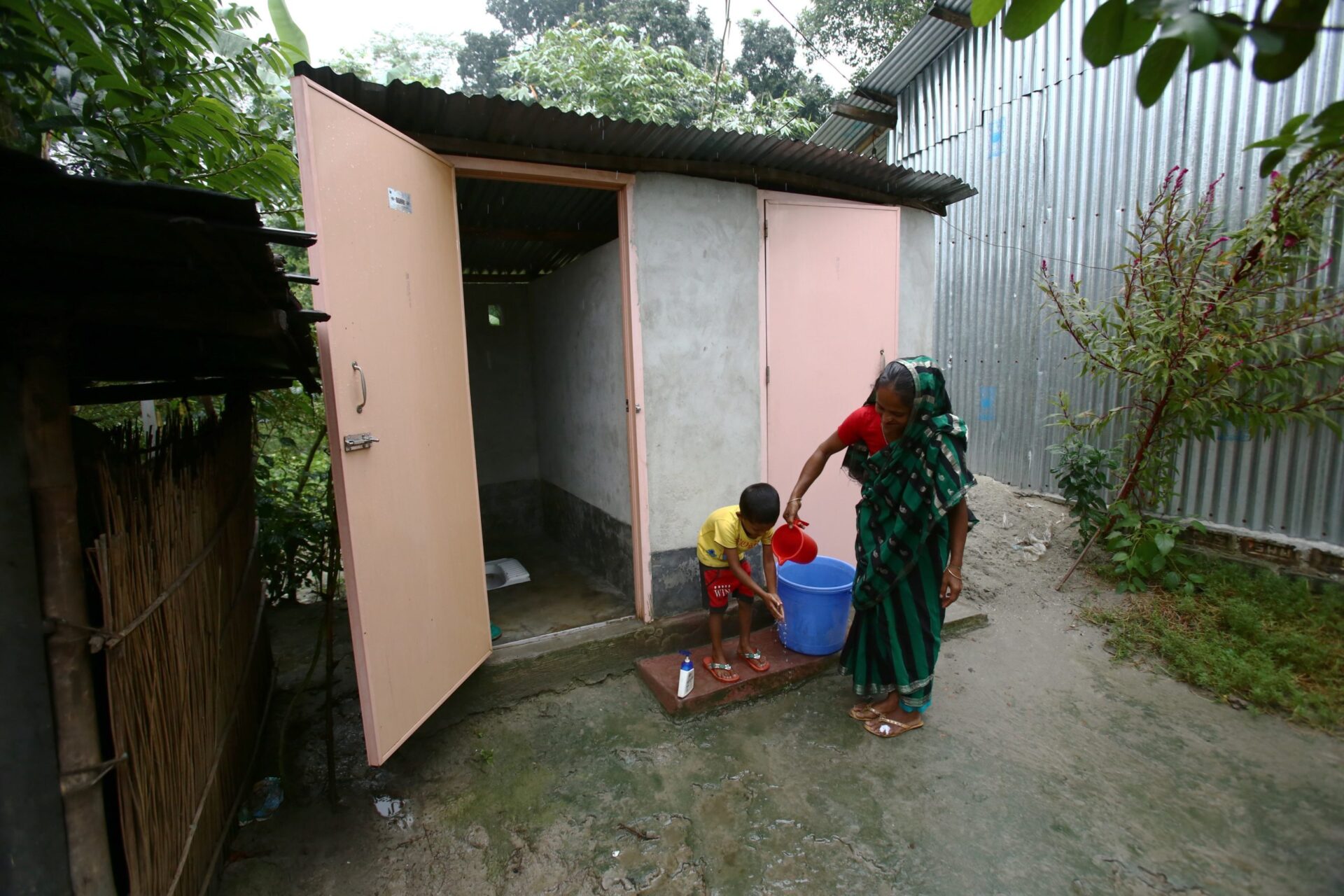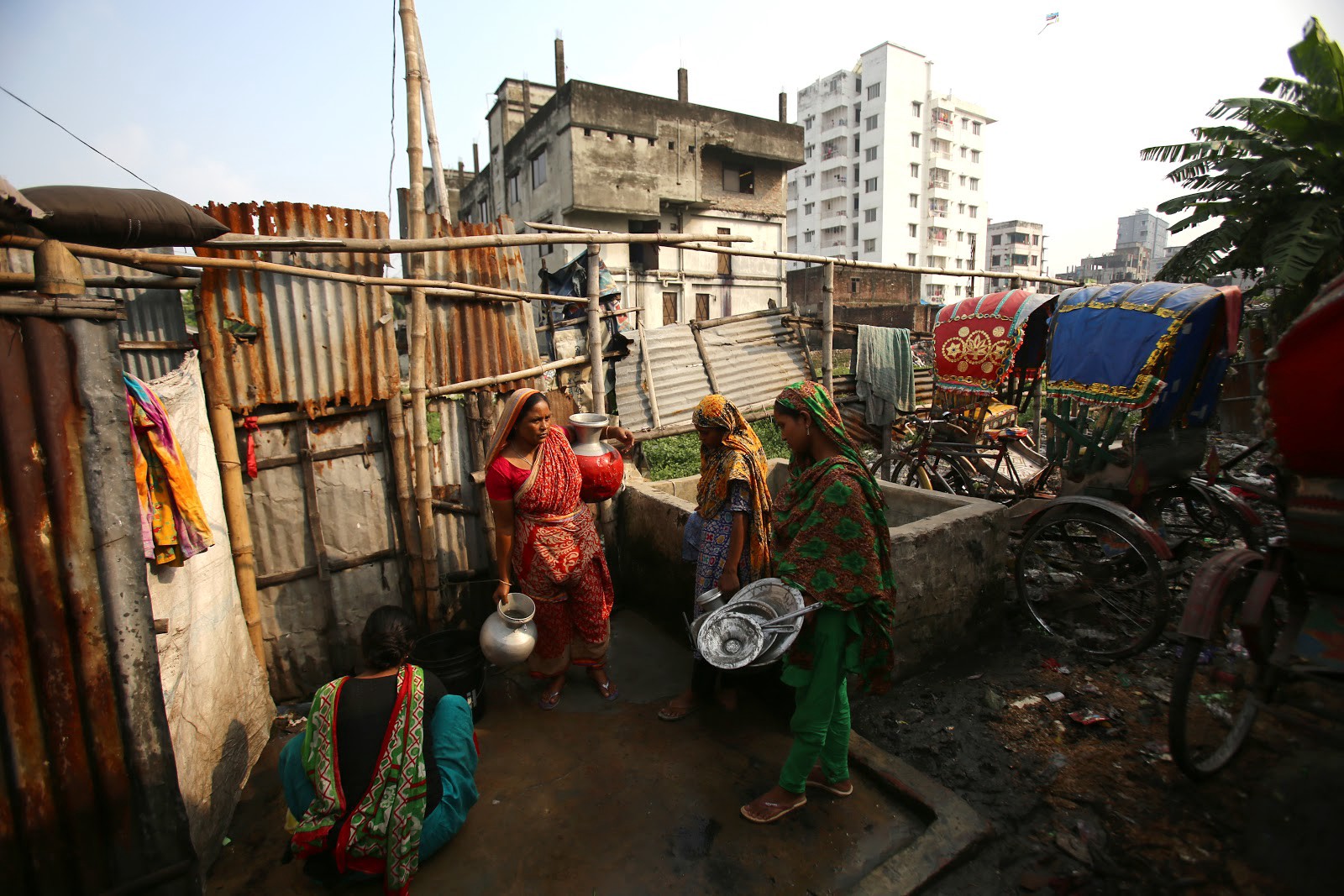Why Do People Stay Poor?

The question of how to eliminate extreme poverty by 2030 has now risen to the top of the development policy agenda and there is a growing realization that the poorest may be being bypassed both by economic growth and by current anti-poverty programs. Our evidence demonstrates that [the occupational change enabled by the Graduation approach]….may have a central role to play in eliminating extreme poverty.
- Oriana Bandiera, Economist and Academic at the London School of Economics, 2017


BRAC has spent nearly two decades facilitating the collection of data and knowledge about extreme poverty and the Graduation approach. In this time, we have learned a lot about the most effective ways to adapt and scale our approach.
Rigorous internal and external evaluations significantly influenced the evolution of the Graduation approach and its ability to serve people in the most marginalized communities. These evaluations have provided the evidence needed to demonstrate the approach’s potential for large-scale and long-term results.
We are currently working with partners to further expand the global body of knowledge around alleviating extreme poverty, adapting the Graduation approach for various contexts, and scaling effectively and efficiently through governments.
Alongside our independent research partners at the BRAC Institute of Governance and Development (BIGD) and the world’s leading academic institutions, we will help generate qualitative and quantitative research on target country programs in the following areas:




We have drawn key findings from one of the world’s longest and largest randomized controlled trials (RCTs) and incorporated evaluations from both field staff and research studies. Through this process, we have gained a better understanding of how to reach people who have been historically left behind and how to meet their needs within their local context.
View Resource Library